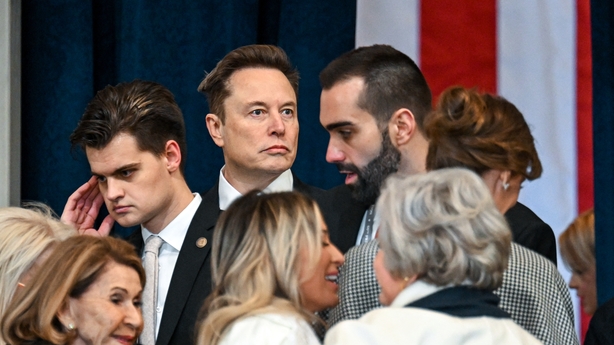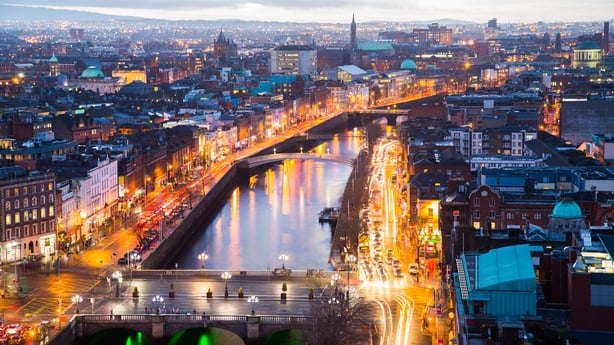Donald Trump’s inauguration speech signals significant change for US multinationals with investments in Ireland.
The new US President’s promise to make the US a "manufacturing nation once again" reflects his objection to American companies making goods abroad, only to export them back to the United States for sale.
He also promises to impose "taxes and tariffs" on trade with foreign countries and has pledged to establish an External Revenue Service to collect those duties.
It is difficult to assess the impact of Donald Trump's new policies until he announces the full details of new measures.
But even before his plans are unveiled, just the prospect alone of them will disincentivise large US multinationals from expanding outside their home country.
One only has to look at the behaviour of business leaders rushing to show their support for him in the wake of his election victory.
They are not going to want to attract the ire of the new administration.

The Irish authorities and IDA are in a continuous competition to win new investments and job projects.
Now the Trump administration’s policies are tantamount to discouraging them from setting up new operations in Ireland.
Attention will turn firstly to how his threat of tariffs plays out over the coming weeks and months.
Observers believe China, Mexico and Canada are likely to be first in line to have additional duties imposed on their goods.
But in the past, Trump has spoken about the possibility of additional tariffs on EU exports to US.
Ireland’s vulnerability lies in the possibility of those taxes being extended to the €54bn worth of pharmaceuticals exported to the States every year.
Trump implemented tariffs on the EU during his previous presidency, some of which were imposed on Irish butter, cheese and cream liqueurs.
Ultimately, those duties were suspended.
His second line of attack could be to reduce corporation tax in the US to 15% from its current level of 21%.
That would place it at the same rate as Ireland’s, wiping out our tax advantage.

But such a move is more complicated than introducing tariffs, because those cuts would cost the US government significant sums, and the change would have to be passed by Congress.
In addition, a series of tax cuts originally introduced by the Trump administration in 2017 is due to expire.
The new US president will be keen to keep them in place.
But such a move is likely to cost his government $4.6 trillion over ten years, so he may not have the capacity to cut taxes elsewhere.
In the context of this changing political environment, it is worth remembering how vulnerable the Irish public finances are to any gear shifts by US multinationals.
In 2023, just three companies paid €10bn of the total €23bn collected in corporation tax.
If even one company was to pull out, or if others were to scale back operations, there would be a significant impact on Ireland’s public finances.
Without the so-called windfall taxes paid by these companies, Ireland would be running a deficit not a surplus.
That is why Donald Trump’s MAGA - or Make America Great Again - rallying cry strikes a discordant note for Ireland.
Read more:
Trump grants presidential pardons to over 1,200 US Capitol rioters
Taoiseach wishes Trump 'every success' after inauguration
Donald Trump's inauguration: How the day unfolded







